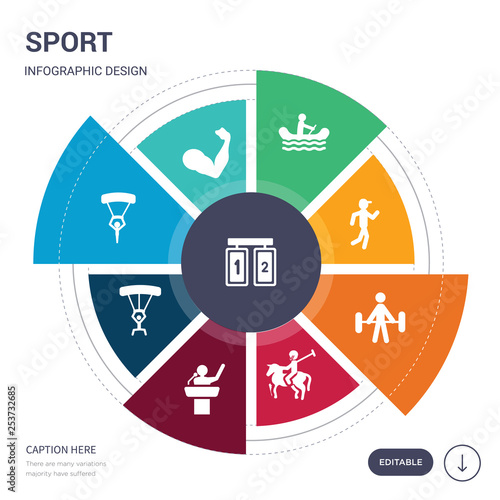The Impact Of Martial Arts On Mental Wellness: A Trip To Discovering Inner Peace
The Impact Of Martial Arts On Mental Wellness: A Trip To Discovering Inner Peace
Blog Article
Team Writer-Fyhn Moses
Martial arts provide greater than just physical skills; they provide a path to psychological clearness and psychological equilibrium. As kids martial arts movies participate in disciplined technique, you'll discover that your body and mind begin to harmonize. This connection can bring about raised emphasis and resilience in daily life. But just how exactly does this transformation take place, and what particular benefits can you expect as you start this journey?
The Mind-Body Link: How martial arts Improve Mental Well-Being
When you take part in martial arts, you're not simply training your body; you're also supporting your mind. The physical motions require focus and discipline, which straight affect your psychological well-being.
As you discover strategies and improve your skills, you cultivate confidence and durability, important qualities for browsing life's challenges. see this as a form of reflection, enabling you to launch anxiety and stress and anxiety while honing your concentration.
The balanced patterns of your movements create a circulation state, where worries fade, and clearness arises. You'll locate that the mind-body connection reinforces as you progress, bring about greater emotional stability and self-awareness.
Inevitably, martial arts can be a powerful tool for enhancing your mental health and general feeling of well-being.
Cultivating Mindfulness and Emphasis Via Martial Arts Training
As you immerse on your own in martial arts training, you normally cultivate mindfulness and focus. Each movement requires your full attention, pulling you far from distractions and right into the here and now moment.
Whether you're exercising a kata or competing with a partner, you discover to listen to your body and react with precision. This heightened recognition develops your mental faculties, permitting you to much better focus on jobs outside the dojo.
In addition, the rhythmic nature of training sessions urges an introspective state, where you can remove your mind and ground on your own.
In time, this method of being fully present improves your ability to concentrate in life, boosting your general mental clarity and emotional stability.
Accept this trip, and enjoy your mindfulness flourish.
Structure Psychological Durability and Self-confidence in Martial Arts Practitioners
Martial arts training not only hones physical skills yet also develops psychological strength and confidence. As you face difficulties in the dojo, you find out to push with pain and get over worry. Each time you step onto the mat, you're not just exercising techniques; you're creating a mindset that embraces setbacks as possibilities for growth.
The technique needed in martial arts educates you to take care of stress and pressure, both in training and daily life. You'll notice just how your self-confidence embellishments as you accomplish brand-new belts and skills.
This trip promotes a deep feeling of success, empowering you to tackle life's obstacles with a restored perspective. Inevitably, martial arts outfits you with the tools to browse psychological ups and downs with poise and toughness.
Conclusion
Including martial arts right into your life can be a powerful action towards achieving internal tranquility. As you educate, you'll notice just how your body and mind link, enhancing your psychological well-being. The focus and mindfulness you cultivate will certainly aid you navigate stress and anxiety and obstacles with better simplicity. And also, as https://fernandocmvbh.targetblogs.com/34870450/exactly-how-will-gaining-each-belt-form-your-capabilities-and-point-of-view-in-martial-arts-uncover-the-progression-from-beginner-to-black-belt-that-remains-in-shop-for-you build emotional strength and confidence, you'll uncover a renewed feeling of confidence. Accept this trip, and allow martial arts guide you towards a more balanced and tranquil life.
